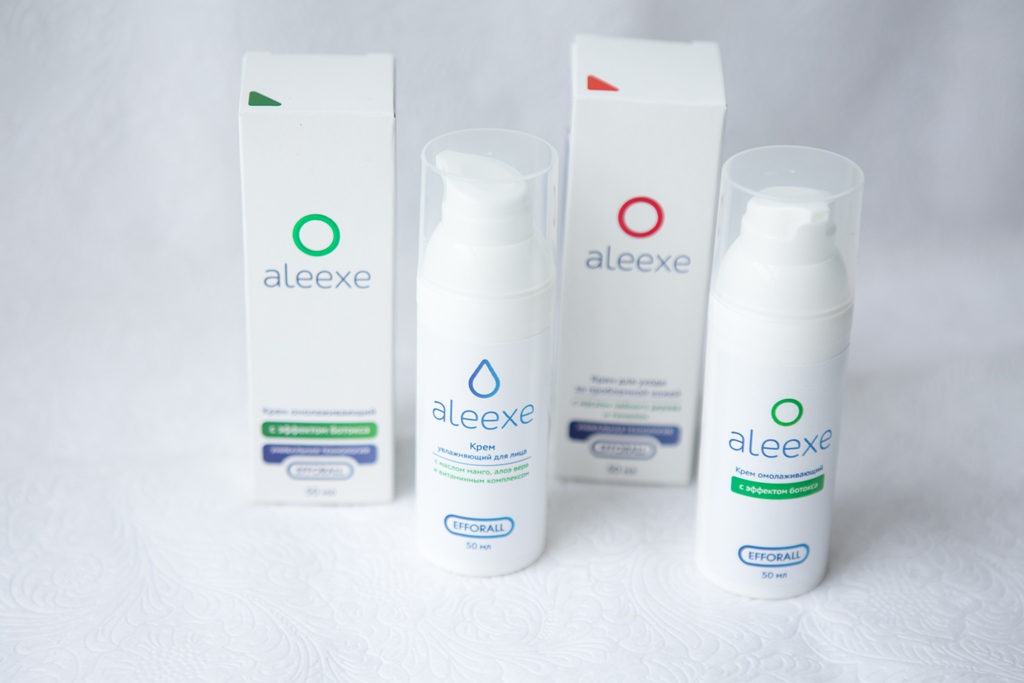Scientists at the TSU Laboratory for Biochemistry of Transport Systems have developed a transdermal method for delivering biologically active substances into the body using xenon, an inert gas. The technology is applied to producing creams, in conjunction with the nanocenter Sygma (Tomsk). Now, one of the first products developed by TSU biochemists, a cream with a whitening effect, has successfully entered the market in Southeast Asia: it is sold in Malaysia and Vietnam, where light skin is considered the standard of beauty.

- Xenon is an inert safe gas that has unique physicochemical properties,- says Alexander Verkhovskiy, head of the TSU Laboratory for Biochemistry of Transport Systems, director of the small innovative enterprise NONEKS. - It is not toxic, is not subject to biotransformation in the body, and is devoid of side effects. We managed to develop a technology of xenon saturation of liquids, which allows us to use it as an enhancer for delivering biologically active and medicinal substances into the body, thereby improving the properties of ointments, creams, and gels.
The first product using the technology of TSU biochemists was the cream with a whitening effect. A company from the UK, the Eurasia Consortium Ltd (Oxford), helps promote it. A product called “Snowdrop” is already sold in Malaysia and Vietnam, Brazil, and the UK. China, Japan, and Indonesia are also considered as possible markets. In all these countries, the cult of fair skin is widespread, as it is considered a symbol of health, beauty, and high status.
For the Russian market, scientists have developed several special recipes that, depending on the composition, provide the cream with a moisturizing, anti-inflammatory, or rejuvenating effect.

The TSU Department of Innovations in Science and Technology is in talks with several large companies that have shown interest in the line of xenon cosmetics.
Now biochemists are finalizing a new recipe that includes natural components isolated from Siberian wild plants, cedar oil, and fir extract, which have anti-inflammatory and anti-bacterial properties.
Along with this, the laboratory staff is continuing fundamental research on the properties of xenon. The future results might be used to manufacture a patch in which xenon acts as an enhancer for transdermal delivery and enhancer of the action of drugs to patients with Alzheimer's, Parkinson's disease, and other cognitive disorders.
